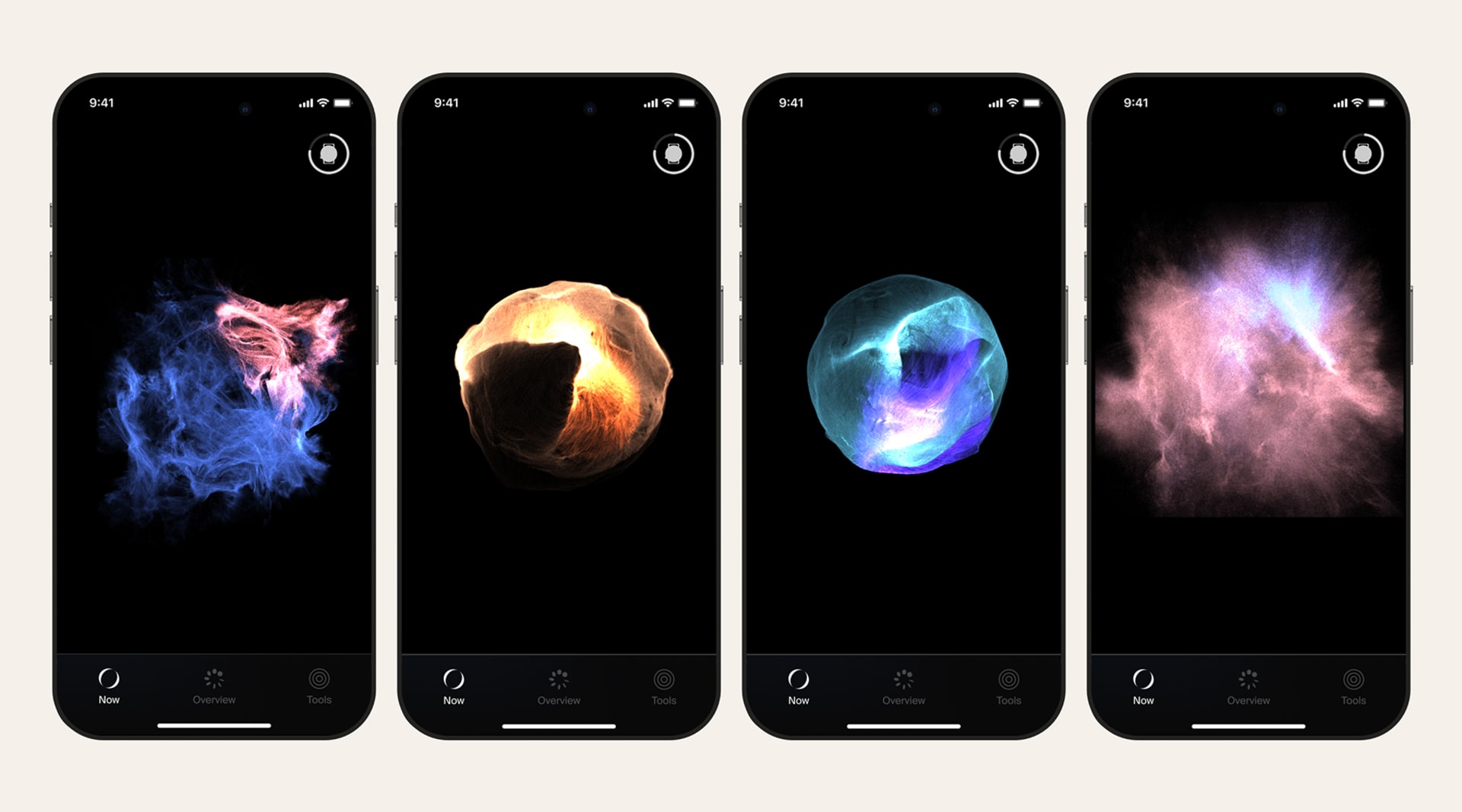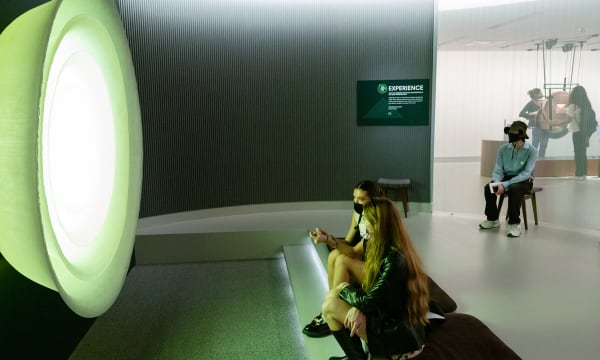Mental health apps, which have grown in popularity in recent years, are undergoing an evolution from mental to emotional health towards a nuanced, organized path to mental wellness. These apps are betting on science and biology to address emotional wellbeing with a more targeted approach.
SloMo, an app for people experiencing psychosis, is being trialed and tested by the UK’s National Health Service. The app was developed by clinical psychologists and London design studio Special Projects to work alongside regular therapy sessions. Outside of sessions, users can record unhelpful, racing thoughts and slow them down using the app’s interactive thought bubbles and animations. The program aims to soothe people during psychotic episodes, which often involves hallucinations, racing or disorganized thoughts, and was developed as part of a larger scope of research by SloMo co-founder and Clinical Psychologist Dr. Amy Hardy and her team of researchers at King’s College London. Special Projects has since joined the experts to better refine potential aid and solutions for these episodes for at-home users.




